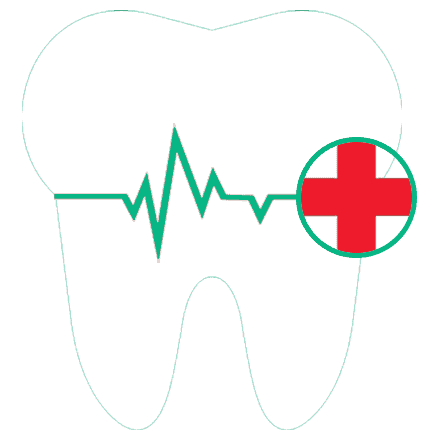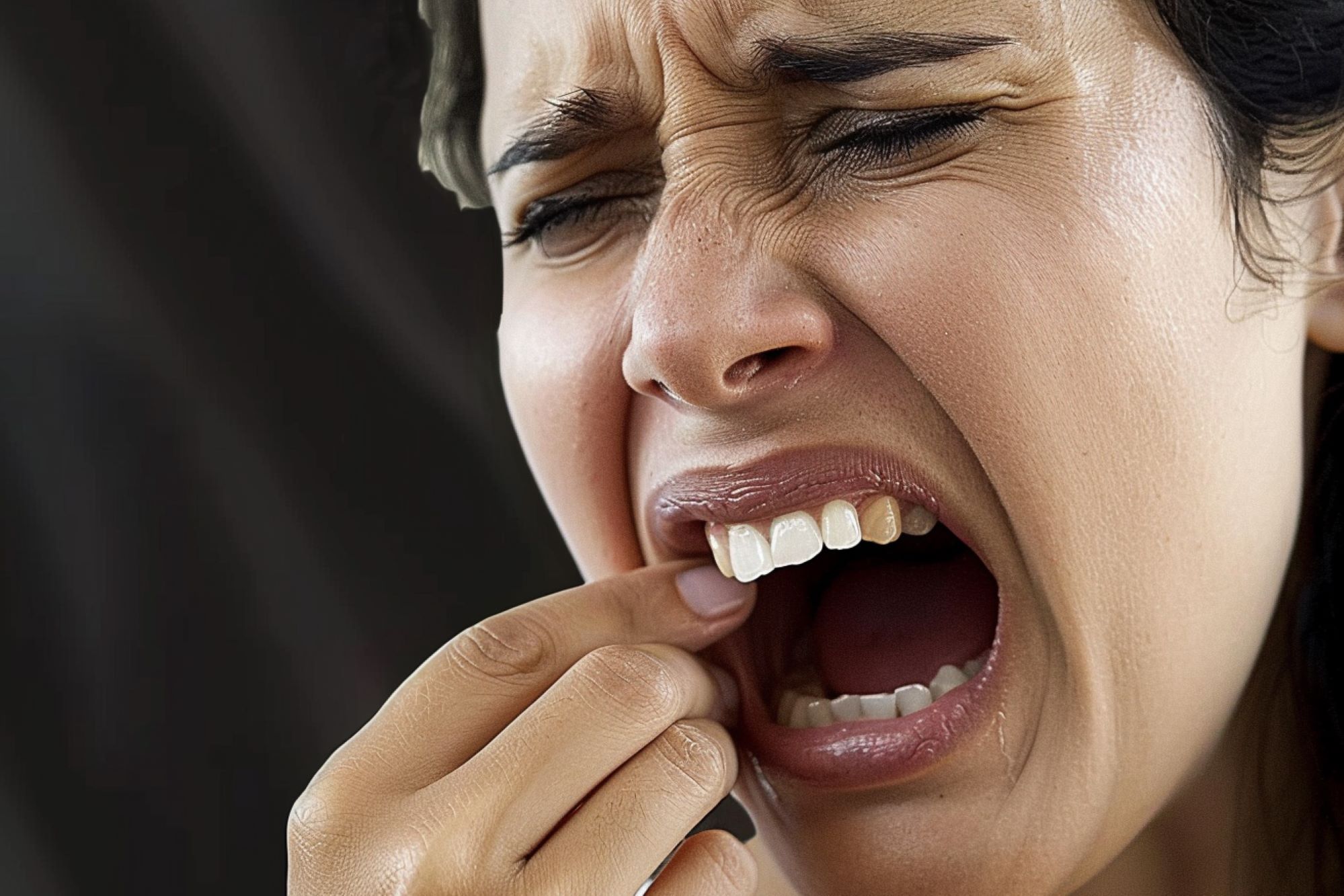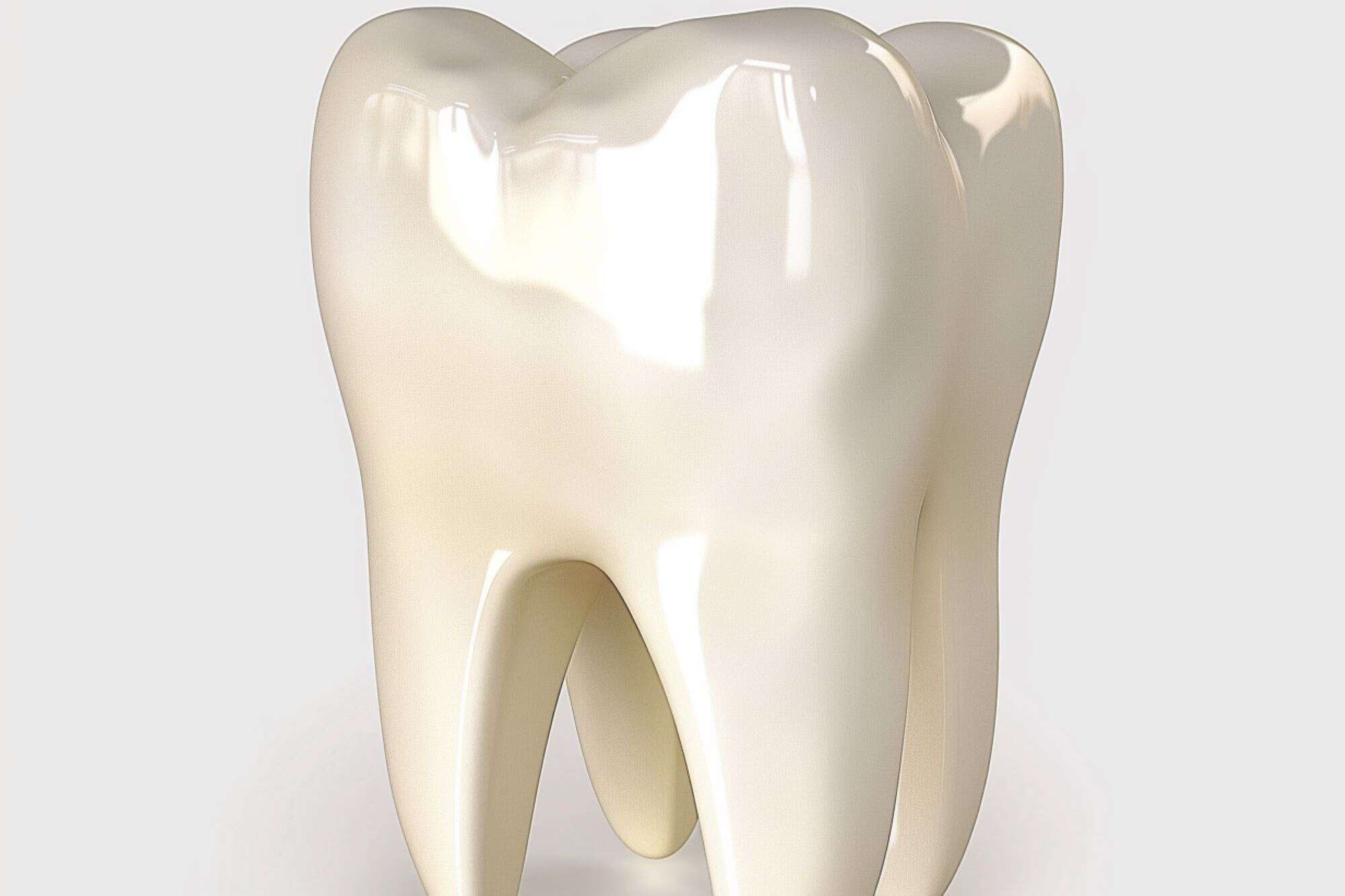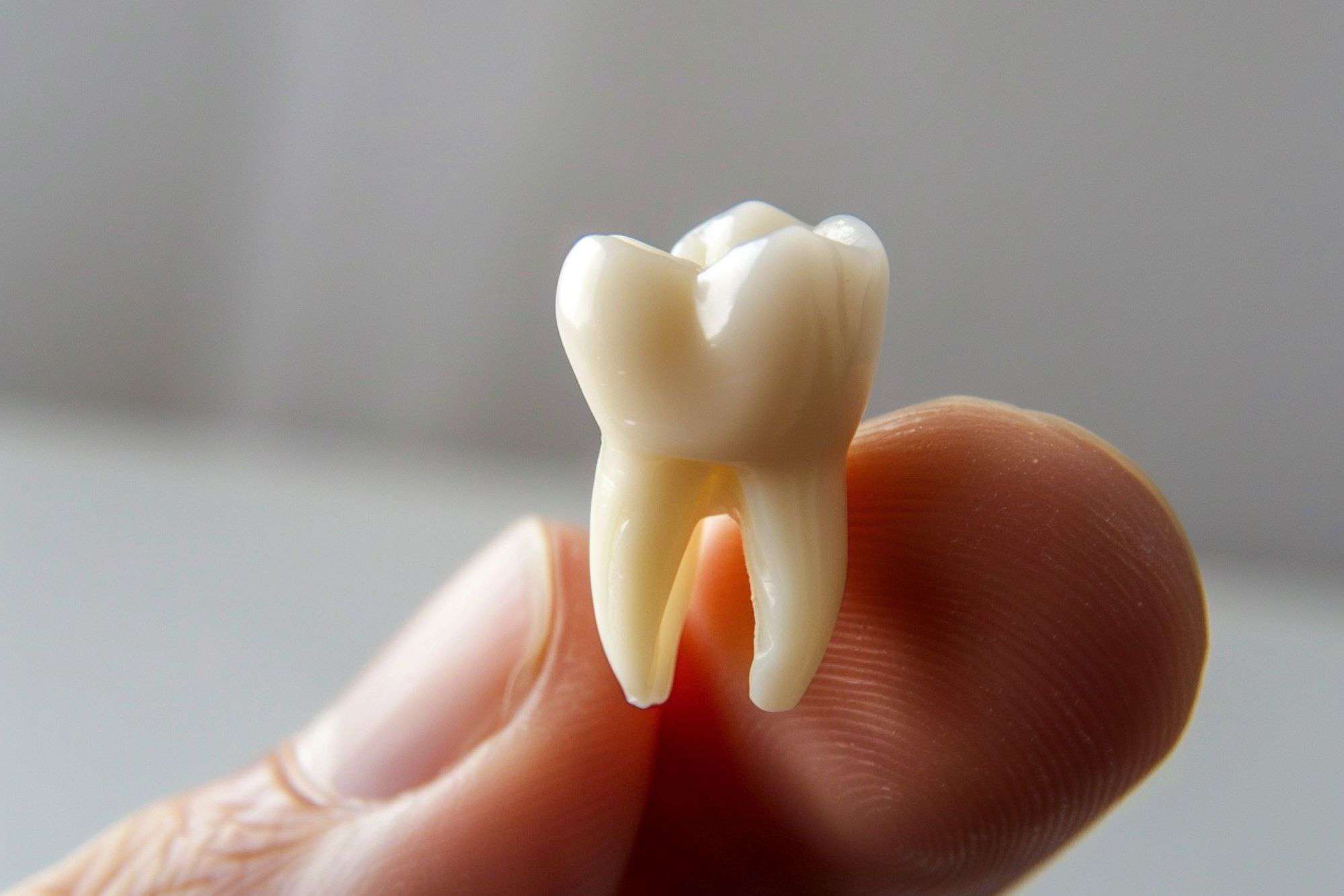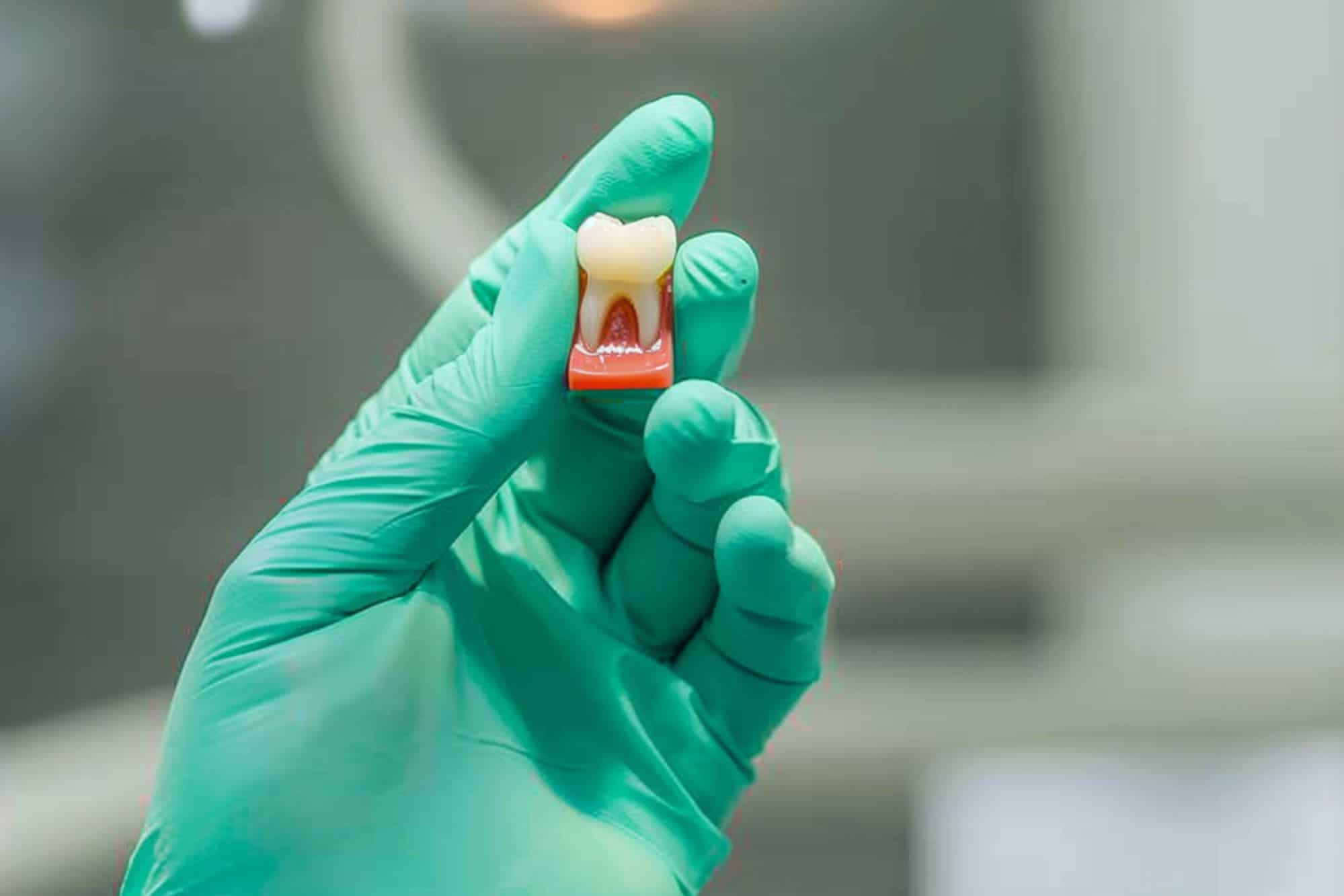When a dental emergency strikes, knowing the potential costs can help you manage the situation more effectively. In Roanoke, the cost of emergency dental care can vary widely based on several factors. This article aims to provide clear and concise information to help you understand what to expect financially when you need urgent dental care.
Understanding Emergency Dentistry
What Constitutes Emergency Dentistry?
Emergency dentistry refers to dental services that are required immediately to alleviate severe pain, stop ongoing tissue bleeding, or save a tooth. Emergencies can include situations like knocked-out teeth, severe toothaches, or broken crowns. Understanding what qualifies as a dental emergency can help you make informed decisions in stressful situations.
Why Emergency Dentistry Can Be Costly
Emergency dental services often carry higher costs than regular dental visits. Several reasons contribute to this:
Immediate Service: Emergency dentistry typically requires immediate attention, meaning dentists must be available on call, often outside of regular business hours.
Specialized Treatments: Some emergencies may require complex and immediate treatments, which are more costly.
Additional Resources: Handling emergencies might require additional staffing or special equipment, which adds to the operational costs.
Immediate service, specialized treatment, and additional resources ensure that you receive the necessary care when you need it most…
These factors ensure that you receive the necessary care when you need it most, but they also influence the cost of services. In the next sections, we will explore specific types of emergency dental services available and their associated costs to give you a better understanding of what to expect financially.
Types of Emergency Dental Services and Associated Costs
In Roanoke, emergency dental care encompasses a variety of treatments tailored to address urgent issues that can’t wait for a regular appointment. Here’s a breakdown of common emergency treatments along with their associated costs:
Tooth Extractions: Necessary for severely damaged or infected teeth. Costs can range from $150 to $450, depending on the complexity of the extraction and whether surgery is required.
Root Canal Therapy: This treatment is essential for infected tooth pulp and is one of the more common emergency procedures. Depending on the affected tooth (anterior, bicuspid, or molar), prices can vary from $700 to $1,200.
Dental Crowns: Used to repair broken or severely worn teeth, the cost for crowns can vary between $1,000 and $1,500, influenced by the choice of materials such as porcelain or metal.
Fillings: Needed for treating cavities or minor fractures that cause pain or sensitivity. The costs for fillings range from $150 to $300, with more extensive repairs costing more.
Understanding the costs associated with each type of emergency service can help you better prepare financially for these unexpected situations. Next, we’ll explore the factors that influence these costs, including the timing of the service and the impact of insurance.
Cost Factors Influencing Emergency Dental Care
Time Factors: After-Hours and Weekend Rates
Dental emergencies don’t always happen during regular office hours. Many dentists offer after-hours services for emergencies, which can affect the cost:
- Weekday After-Hours: Slightly higher fees due to overtime rates for staff.
- Weekend and Holiday Services: Typically, these carry a premium because of the extra staffing and operational requirements.
Geographical Variations in Costs
The location of the dental office within Roanoke can also influence the costs. Offices located in more affluent neighborhoods or highly accessible areas might charge more due to higher overhead costs.
Impact of Insurance and Payment Options
Insurance can significantly reduce out-of-pocket expenses for emergency dental care. It’s important to know the details of your dental insurance plan and what types of emergencies are covered. For those without insurance, many dental offices offer payment plans or accept credit cards, which can make managing the costs easier.
Navigating Costs Without Insurance
For many patients not having dental insurance can be a significant barrier when facing a dental emergency. However, there are several strategies and options available to manage these costs effectively:
Options for Uninsured Patients
Payment Plans: Many dental clinics offer payment plans that allow you to pay off the cost of treatment over time. These plans often require a basic credit check and can be interest-free if paid within a specified period.
Dental Discount Programs: Some dental offices participate in discount programs that offer substantial savings on a variety of treatments, including emergencies, for a yearly membership fee.
Local Health Departments and Community Clinics: These may offer emergency dental services at a reduced cost or on a sliding scale based on your income.
Average Costs Without Insurance
Tooth Extractions: Without insurance, extractions can cost up to $450. Surgical extractions, which are more complex, tend to be more expensive.
Root Canal Therapy: This procedure can cost up to $1,500, significantly impacted by the specific tooth and complexity of the case. Molars are more complex, so it can cost up to $2,000.
Dental Crowns: The cost without insurance can range from $1,000 to $1,700 per crown, depending on the materials used.
Fillings: The price for fillings without insurance typically costs $300 per filling, with larger fillings being on the higher end.
Understanding these costs can help uninsured patients anticipate expenses and explore financial assistance options effectively.
Common Issues and Frequently Asked Questions
Addressing common questions and concerns can help demystify aspects of emergency dentistry and prepare you for what to expect. Here are some frequently asked questions about the costs of emergency dental care:
FAQs on Emergency Dentistry Costs
Why are emergency services more expensive? Emergency dental services often require immediate and specialized treatment outside of regular business hours, leading to higher costs.
How can I find cost-effective emergency dental care? Shop around by calling different dental offices to compare prices, inquire about payment plans, and check if they are part of any dental discount programs.
What should I do if I can’t afford emergency dental care? Contact local community health centers or look for local dental schools where treatment provided by students under supervision can be a lower-cost alternative.
Tips to Prepare for Unexpected Dental Costs
Emergency Dental Fund: Consider setting aside a small amount of money each month into a savings account designated for medical emergencies, including dental.
Regular Dental Check-ups: Regular visits to the dentist can prevent some emergencies or catch issues before they become severe and more costly.
Dental Insurance: If possible, obtaining dental insurance or joining a dental discount program can reduce the costs of both regular and emergency dental care.
Conclusion
Understanding the costs associated with emergency dental care is crucial, especially when such situations arise unexpectedly. By being informed about the types and costs of services, and knowing how to navigate these expenses with or without insurance, you can make more informed decisions about your dental health. Remember, preparing ahead and knowing your options can significantly alleviate the stress of dental emergencies.
